Bioethics Forum Essay
Putin, Xi, and Me: Bioethics in the New World Order
In a vivid signal of the ongoing global realignment, within just a few days Russian President Vladimir Putin and China President Xi Jinping enjoyed a military parade together, and both Indian Prime Minister Narendra Modi and North Korea’s supreme leader Kim Jong Un hitched rides in Putin’s armored vehicle.
As if they weren’t busy enough–what with the nuclear saber-rattling and alpha-male car time and all–Putin and Xi also had a chat about some longstanding topics in bioethics, like extended life and organ transplants.
Their would-be successors might take note: Xi and Putin seemed to agree that 70 years old is the new 10, and living to150 is within reach. In his off-the cuff comments Putin brought up biotechnology, a topic that has interested him for a long time, along with neuroweapons and, with help from an endocrinologist thought to be his daughter, cutting-edge genetics.
In the words of a great poet, “I can’t help it if I’m lucky.”
These news stories about strongman hangouts did me a favor. It can be hard to explain the topic of my new book about the role of bioethics in the post-World War II international order, which is now undergoing an accelerated dissolution. When I started the book four years ago the idea that the rules-based order promulgated by the allies after the war was falling apart was mainly a topic among anxious European elites. (There are too many examples of furrowed brows to cite but here’s one of them.) Now it is a cliché.
The rules-based order, signified especially by the founding of the United Nations, was intended to replace the old imperial system that prioritized raw power over diplomatic engagement. In a general sense that project succeeded. Whatever its flaws, and despite simmering resentments about U.S. hegemony, 80 years without World War III is nothing to sneeze at. International institutions, treaties, and norms had somehow withstood the Cold War and its immediate aftermath. Even hot conflicts like wars in Asia and the Middle East did not directly undermine the American-dominated global establishment.
Bioethics has been a key beneficiary, even an exemplary product, of the rules-based order. Beginning with the trial of Nazi doctors and continuing through international cooperation in drug research trials, the idea of consent is the key global norm that distinguishes traditional medical ethics from the field as we know it today. The 1948 U.N. Declaration of Human Rights (“All human beings are born free and equal in dignity and rights”) was the core document of the new organization. By 2005 bioethics had become so prominent in the rules-based order that it gave rise to the U.N. Declaration on Bioethics and Human Rights, endorsed by all the member states. UNESCO maintains an International Bioethics Committee on which I served. The World Health Organization has a long-standing bioethics office. In one shape or another dozens of countries have their own bioethics commissions.
As I learned in doing research for my book, just about every nook and cranny of medical science has achieved a global bioethics presence. And this doesn’t even include what I call bioethics-adjacent institutions and conventions, like those for biological and chemical weapons and intellectual property.
Still more striking is the coincidence of the collapsing international order with the Trump administration’s challenge to the system of funding American science. That unique relationship between government and higher education has roots in World War II itself. In my book The Body Politic I argued that no country has owed so much to science and technology as the United States, while simultaneously being so ambivalent about the disruptive effects of new knowledge.
Message to my forthcoming critics: In an era when so much is happening it can be hard to capture in a narrative, so I hope to be cut some slack. Big events can be hard to appreciate in the moment. But looking at them through a specific lens like the origins of modern bioethics might shed some light.
As for those old guys in Beijing, Moscow, New Delhi, and Pyongyang hankering for life extension: Thanks for the plug.
Jonathan D. Moreno is the David and Lyn Silfen University Professor of Ethics Emeritus at the University of Pennsylvania and a Hastings Center Fellow. His latest book is Absolutely Essential: Bioethics and the Rules-Based International Order.
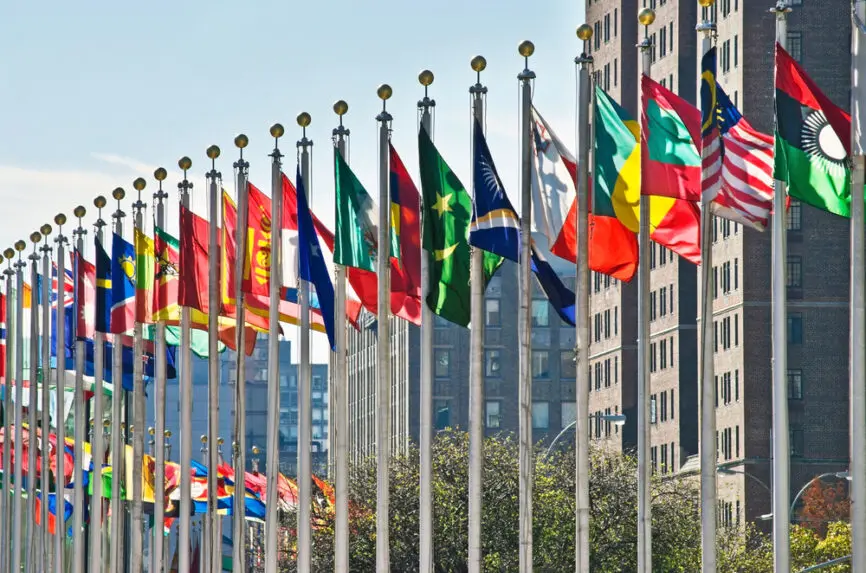
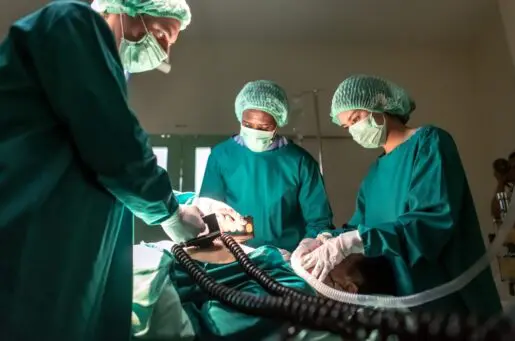
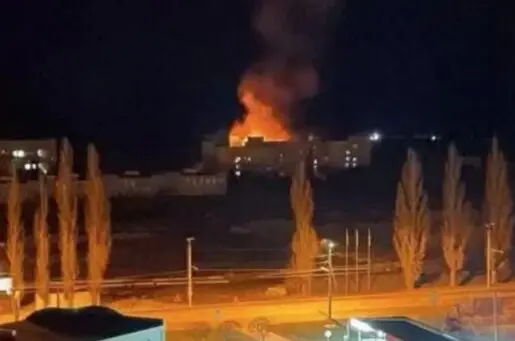
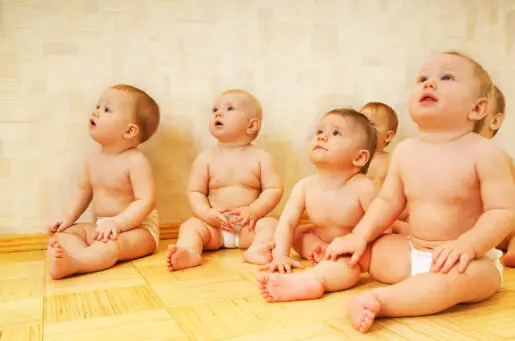
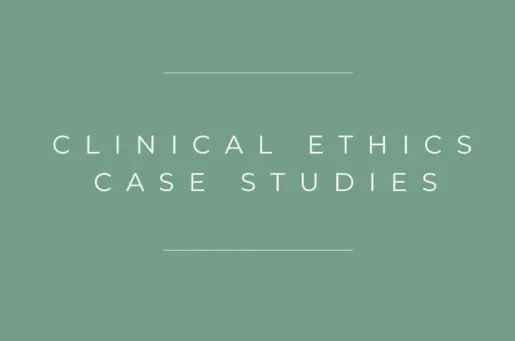

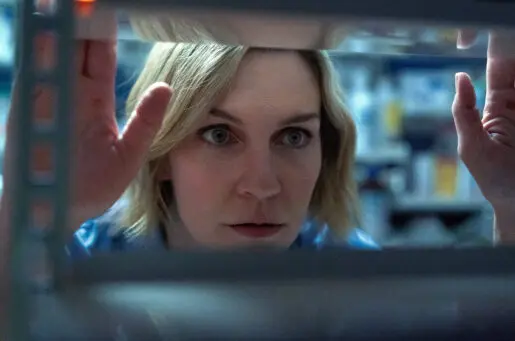
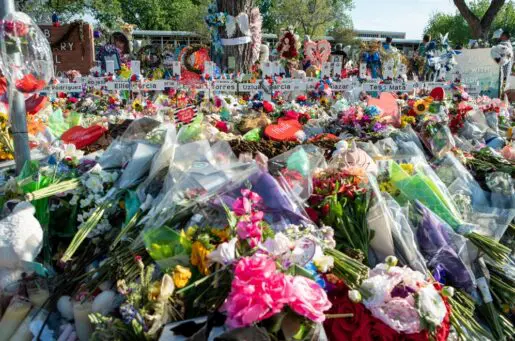


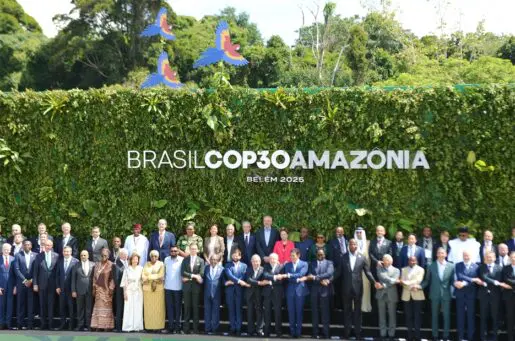
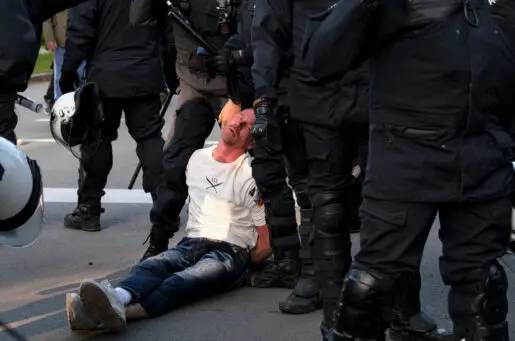

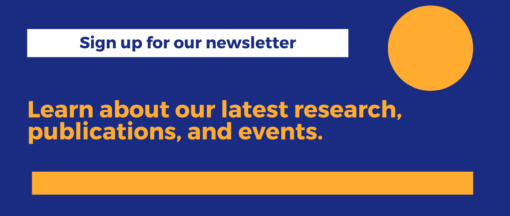
Thanks to Jonathan Moreno for his timely essay and congratulations on his forthcoming book. His reliance on history as a key component of bioethics is well suited to these complicated times. His insight that bioethics is both a by-product of the post-war world order and a useful heuristic to analyze our times is a useful and novel contribution. I have preordered his new book and look forward to an informative read.
Joseph J. Fins, MD